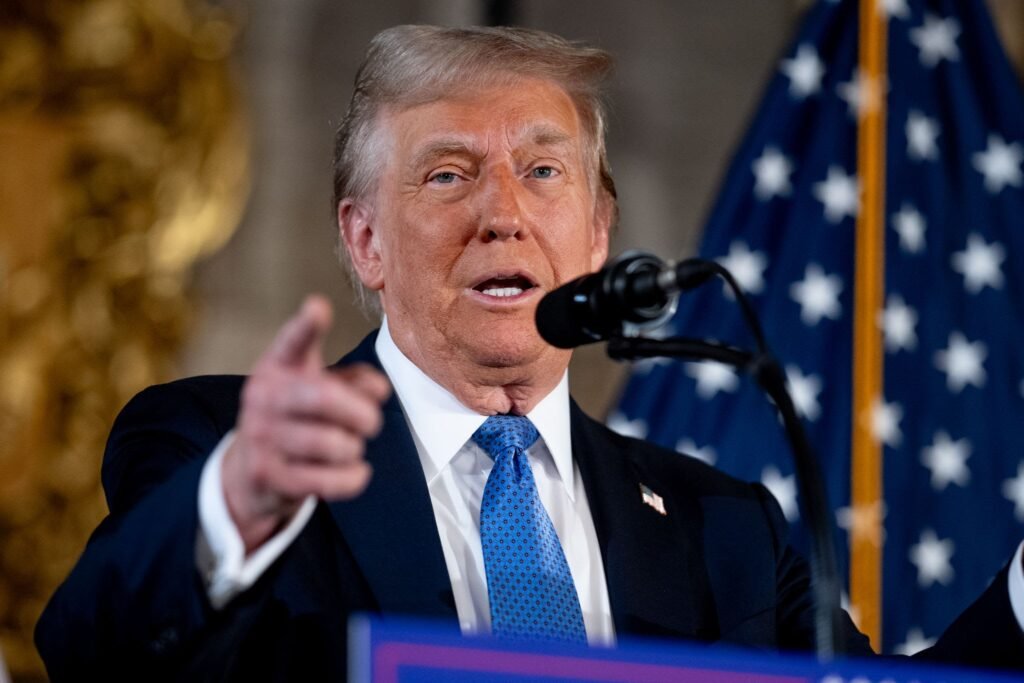
President Donald Trump has declared a full 100% tariff on imported branded and patented medications
On September 25, 2025, former U.S. President Donald Trump sent shockwaves through the global pharmaceutical and trade landscape with a daring announcement: starting October 1, the United States will slap a 100% tariff on imports of branded or patented pharmaceutical drugs—unless the drugmaker is actively building a manufacturing facility right here in the U.S.
This bold declaration, shared on Trump’s Truth Social platform, positioned the move as a way to boost domestic drug production while also reducing reliance on foreign sources. “So, if construction has begun, there will be no tariff on these pharmaceutical products,” he stated.
In addition, Trump suggested tariffs on heavy trucks (25%), furniture, and cabinets, but the pharmaceutical tax is particularly noteworthy for its potential to transform healthcare, trade, and industry in various ways.
The pharmaceutical industry is reacting to recent developments, with major players like AstraZeneca, GSK, Novartis, and Roche already making moves to invest in the U.S. — likely in hopes of securing tariff exemptions.
However, there’s a sense of unease within the sector. Many are questioning whether these exemptions will apply to all their products or just those produced domestically, along with concerns about the timeline and the evidence needed to qualify.
Investor confidence seems to be waning: stocks of Indian pharmaceutical companies such as Sun Pharma, Cipla, and Dr. Reddy’s have taken a hit as the markets process this news.
India stands as a significant player in the global generics market. However, since the tariff mainly targets branded and patented drugs, most of India’s exports are likely to dodge any direct impact.
That said, some Indian companies that deal in specialty or patented formulations might find themselves less competitive in the U.S. market. Reports suggest that the Indian government is looking into the situation, with various ministries keeping a close eye on the developments.
When it comes to exporting branded drugs, countries could be in for some serious disruptions. Companies will have to weigh their options: should they halt exports to the U.S. or invest in building manufacturing facilities right here (if that’s even a possibility)?
On top of that, any shifts in the supply chain might lead to higher drug prices in the U.S., which could then create a ripple effect, pushing up global prices for raw materials, active pharmaceutical ingredients (APIs), and intermediates.
The conclusion is clear: Trump’s bold move to impose a 100% tariff on branded and patented drug imports is a major gamble. While it’s presented as a way to boost U.S. manufacturing and lessen reliance on foreign products, it could lead to significant trade tensions, disruptions in the industry, and ultimately, higher prices for medications.
This policy is already prompting many global pharmaceutical companies to rethink their strategies in the U.S. For exporters, particularly those in countries like India, the effects will likely differ based on their product offerings, patent situations, and ability to adapt.